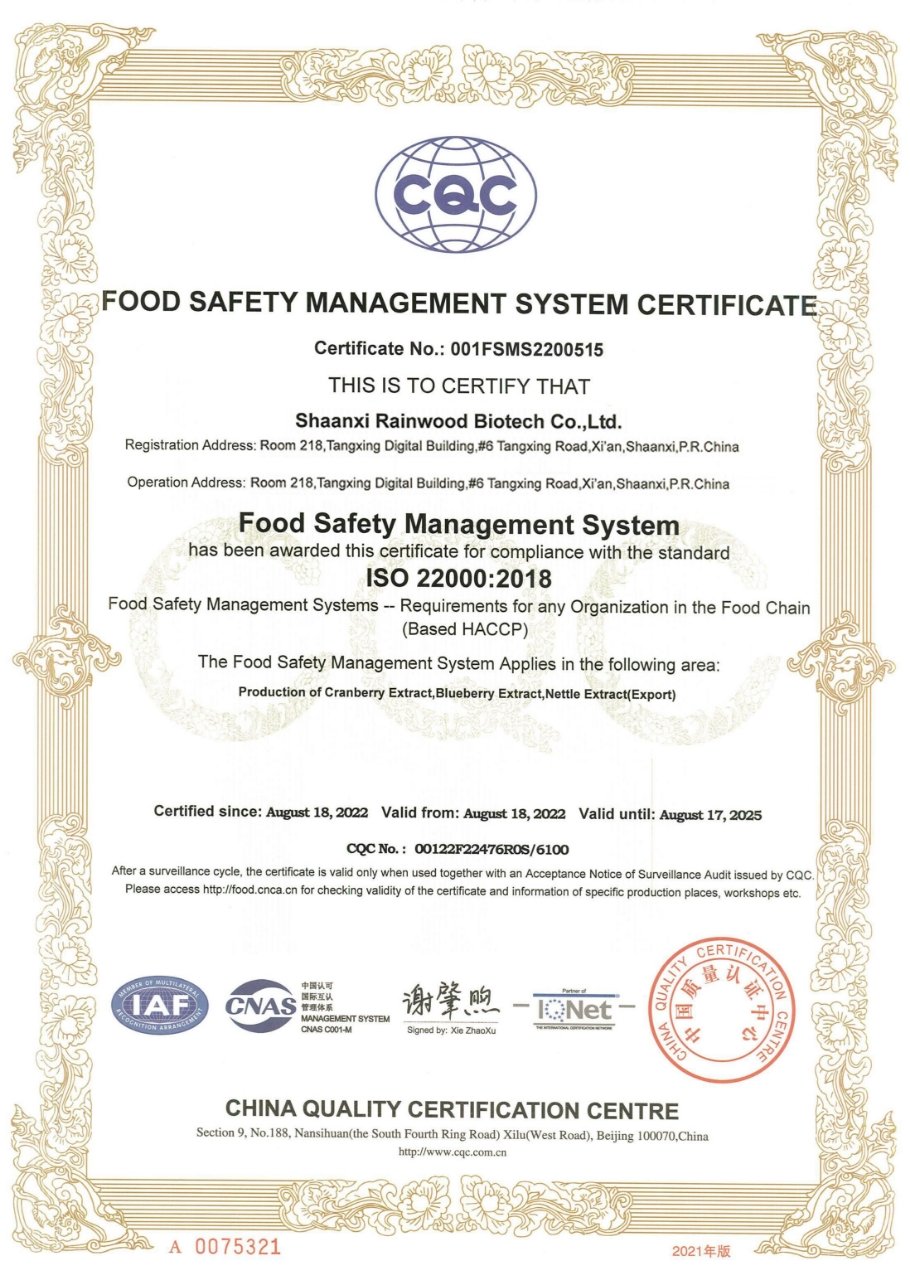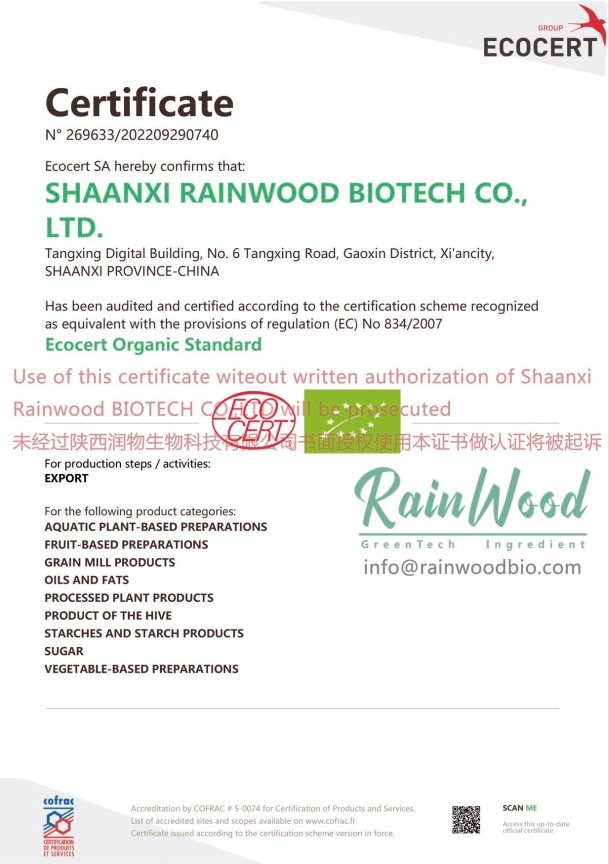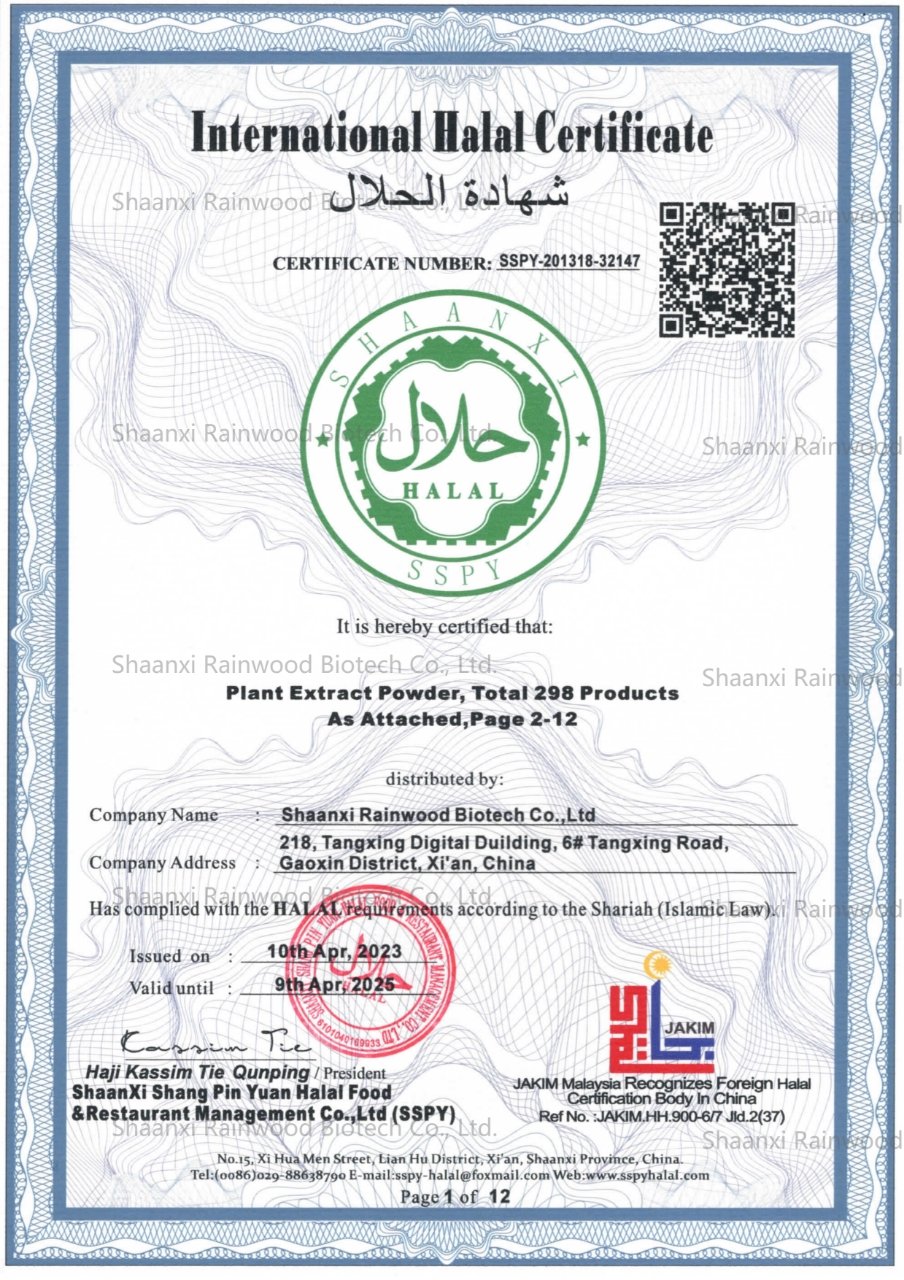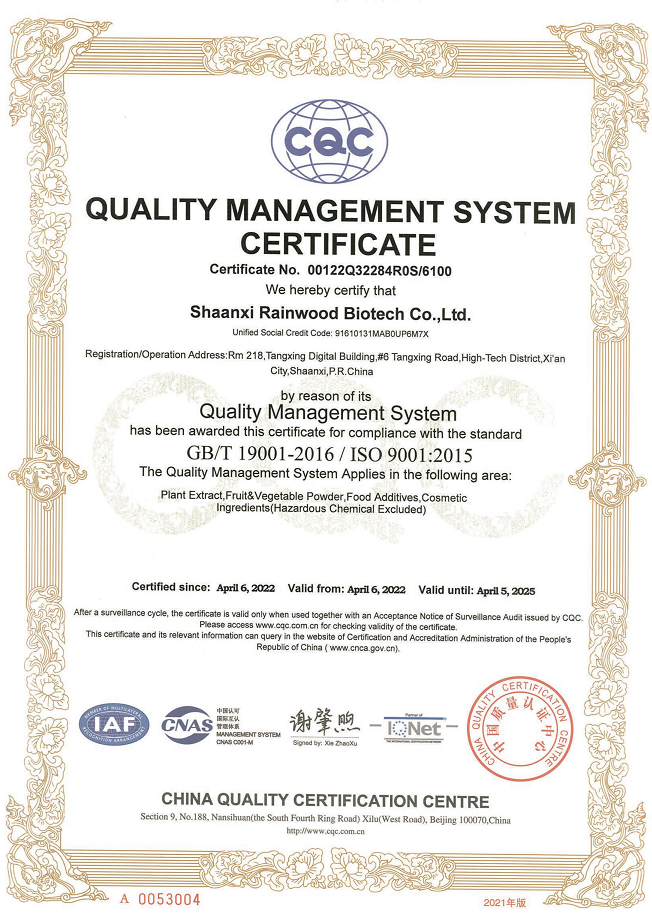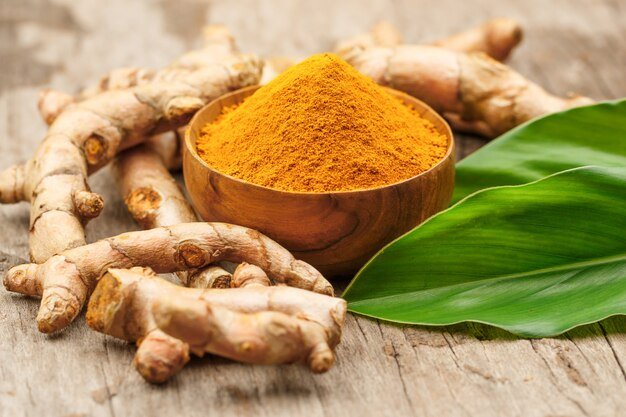L-citrulline is a non-protein amino acid, which is produced by the human body. Due to its cardiovascular function and can optimize blood flow, it can be used as a source of supplement for sports performance. In the body, citrulline is converted to L-arginine (another amino acid) to produce nitric oxide (NO), a small molecule that dilates blood vessels, allowing working muscles to absorb more oxygen and Nutrition, and remove metabolic waste. This optimized blood flow may help improve function and accelerate recovery.
Citrulline can be provided as a dietary L-citrulline malate supplement (powdered capsule), or it can be obtained from watermelon, which is the only food rich in citrulline (the content of citrulline varies with the type and maturity of the watermelon Variety).
Research suggests that citrulline may be beneficial for exercise. However, there is no recommended intake of citrulline, which means that the appropriate amount of citrulline (g/day) and when to take it (before exercise or in the short term) are not yet known. Therefore, research on citrulline and exercise studies use different dosages and intake schedules.

Shaanxi Rainwood Biotech Co., Ltd. have professional production of L-Citrulline and other products for 15 years, is recognized as a professional plant extract manufacturers
https://www.rainwoodbio.com/products/l-citrulline/
Citrulline and Arginine
Citrulline is converted to arginine in the kidneys. Arginine is an essential precursor for many important biomolecules including NO and creatine. NO can optimize blood flow, allowing nutrients and oxygen to enter the muscles and recovering ammonia from exhausting exercise. Arginine is the main precursor of one of the two pathways of NO synthesis, and the level of arginine is the limiting factor for NO synthesis in endothelial cells.
Therefore, citrulline intake will lead to more arginine and increase the production of NO. Sufficient citrulline must be taken to increase arginine levels so that synthesis does not occur. The blood level of citrulline (plasma) is the main obstacle to the result of the conversion of citrulline to arginine.

Why not supplement arginine? Arginine supplementation will increase plasma arginine, but citrulline supplementation will increase plasma arginine for a longer time. In fact, citrulline is more effective in raising arginine levels than arginine itself, because arginine is mainly used by the liver and citrulline can be used throughout the body. In addition, supplementing with 10g of arginine can cause diarrhea. Currently, citrulline does not have any side effects, so it is the preferred source of arginine.
Citrulline is also part of the urea cycle. An important way to remove ammonia from muscles and liver.
The levels of citrulline and arginine in plasma
The role of citrulline and arginine in stimulating NO synthesis has used 6g/day of arginine and 6g/day of citrulline on the sixth and seventh days of the 7-day replenishment in medium strength and high The intensity of cycling was studied. The study did not use g/kg/day, but based on the average weight of the participants, it was about 0.08g/kg.
turn out:
- After supplementing arginine and citrulline, the increase of plasma arginine was similar, but when only supplementing citrulline, plasma citrulline only increased.
- Plasma nitrite (another substrate of NO) increases with arginine and with citrulline.
- Blood pressure decreases after citrulline supplementation.
- Citrulline improves the tolerance to high-intensity exercise and completes all the work.
- Arginine does not affect blood pressure or performance.

The study concluded that short-term supplementation of citrulline (6g/day for 7 days) can improve blood pressure and exercise performance.
Another study found that after adding 5.6g of citrulline a day for 7 days, blood flow will improve after increasing NO. Improved blood flow is related to increased arginine levels.
Two hours before exercise, a 6g citrulline dose (0.08g/kg) was given to further support for pre-professional male cyclists, and it was found that plasma citrulline increased by 173%, plasma arginine increased by 123%, and NO production was significant Increase. Creatinine also increased, indicating that increased arginine may lead to creatine synthesis. The same dose (0.08g/kg) and similar increases in citrulline and arginine levels were also found in 17 male professional cyclists. 8
However, the other two studies used a slightly higher citrulline content of 0.18g/kg (for a 150-pound person, citrulline is about 12g). A study gave five equal doses of citrulline every three hours within 12 hours to increase the circulating level of citrulline, and the circulating level of citrulline was six times its original amount. Plasma arginine The level has doubled. Another study found that plasma arginine levels increased, and plasma citrulline levels increased 11 times. Therefore, citrulline supplementation can be used to increase the utilization of citrulline and arginine in the body.
Impact on sports
A study investigated the effects of different citrulline dosages and intake schedules on treadmill fatigue test (9g 24 hours before the test or 3g 3 hours before the test) after citrulline supplementation. Compared with citrulline supplementation three hours ago, consuming 11 types of citrulline within 24 hours can reduce the time of exhaustion by 0.8%.
Before the 4 km cycling test, supplementation of 2.4g/day of citrulline daily for 7 days and 1 hour of 2.4g citrulline reduced the completion time of men who completed the training by 1.5%. After exercise, citrulline can also improve muscle fatigue and concentration.
It has been shown that 8g of citrulline can increase the sports performance in resistance resistance of men, but due to the physiological differences between men and women, this result is not applicable to women. Therefore, two recent studies looked at female citrulline.
A study found that when taking 8 grams of citrulline 1 hour ago, the resistance of upper and lower limbs will increase, and the perceived fatigue rate of upper limbs will decrease. Another study found that one hour after ingesting 8 grams of citrulline, female master tennis players’ maximum and average grip, peak and explosive power were improved, which is believed to improve sports performance in tennis matches.
Rainwood BIO-committed to plant extract research and development, has more than 15 years experience, certified with ISO9001, ISO22000, KOSHER, HALAL, ORGANIC CERTIFICATE. You will get the cheapest price and best quality from us. Welcome for your inquiry.
https://www.rainwoodbio.com/products/l-citrulline/
Effects on muscle fatigue
People who took 8 grams of citrulline reduced muscle soreness caused by anaerobic weightlifting by about 40% (after 24 hours) and 42% (after 48 hours). Citrulline delays fatigue by increasing the number of repetitions in each group (except the first two groups).
Another study that provided 6 grams of citrulline a day for 22 days found that men who usually complain of fatigue reported less fatigue.
When will citrulline stop being effective
Dose response studies investigated the intake of citrulline (2g, 5g, 10g and 15g) and found that higher citrulline can increase plasma citrulline (10 times at 2g and 100 times at 15g). After citrulline supplementation, plasma citrulline increases to a maximum, and then drops to a baseline level within three to five hours. Similarly, 15g citrulline does not cause gastrointestinal problems like 10g arginine.
The study concluded that citrulline begins to saturate at 15g, and 10g may be the appropriate amount. The lower content supports another study that found that 12g of citrulline taken one hour before the exhaustion time test on the bicycle produced no physiological benefits for well-trained men.

Difficulties in scientific application
Citrulline can provide various sports benefits. However, as far as we apply the conclusions of these studies, the data is still inconclusive.
The dosage of citrulline in these studies ranged from 2.4g to 15g.
It is not clear how much citrulline we need. Even if there is no recommendation on the intake of citrulline, it is recommended that a 70 kg person should be able to tolerate the daily arginine dose (4-6 g/day) in a normal diet. Therefore, the 6g dose of citrulline may be the same as the daily intake of arginine.
In addition, perhaps this amount should be provided in grams per kilogram of body weight (similar to the way that protein requirements are determined to take into account larger and smaller athletes). If so, then the supplementation of citrulline seems to be 0.08-18 g/kg/day.
The required amount must also consider the bioavailability of citrulline, which may be limited by intestinal absorption. The bioavailability of citrulline is higher when contained in its natural form (such as watermelon), but more information on this is beyond the scope of this article.
Ultimately, there is no conclusive evidence that citrulline supplementation can enhance athletic performance. We need more scientific knowledge, especially the use of citrulline for athletes, with the least amount of citrulline and when to take it, to better understand how we can effectively use citrulline to enhance athletic performance.








